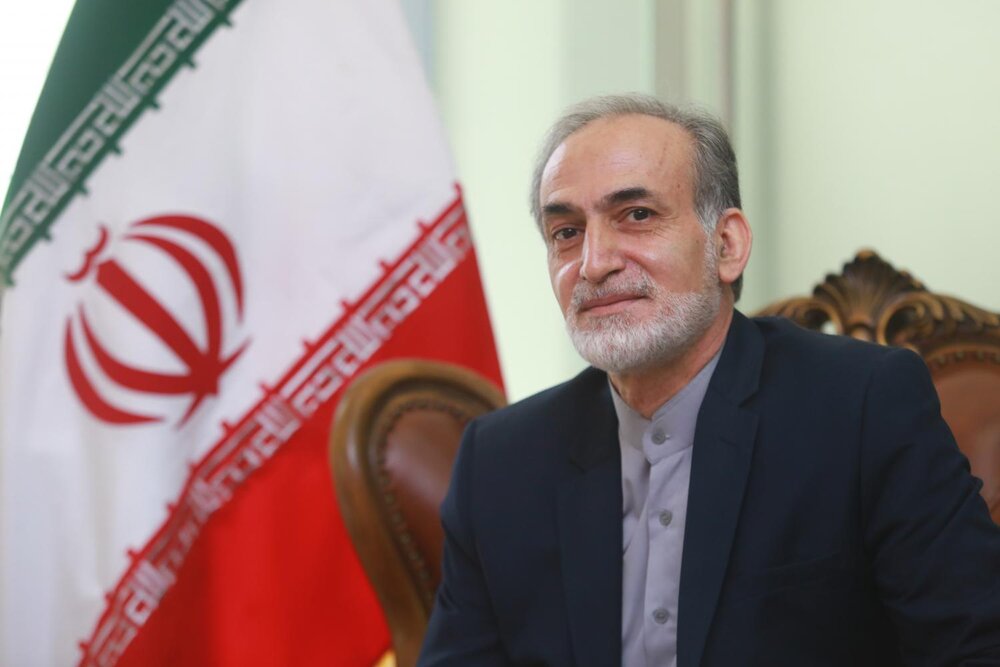Envoy speaks proudly of Iran’s technological advancement

TEHRAN - Iran's Ambassador to Thailand, Seyed Reza Nobakthi, says the country has made significant progress in the field of technology so that it is ranked fourth in the world in nanotechnology and twelfth in biotechnology.
While Iran is known for its crude oil exports, Tehran has become actively involved in the nanotechnology, pharmaceutical, and health sectors, Nobakthi said in an interview with the Bangkok Post published on February 7.
"Right now, Iran's nanotechnology is ranked fourth in the world -- behind the US, China and India -- and biotechnology is ranked twelfth. Now, we have more than 800 nano- and- biotechnology productions," he added.
Iran is known to be a major exporter of oil to Thailand, despite the economic sanctions imposed on it by the West.
Now, Tehran wants to expand the cooperation between the two nations beyond the petrochemical industry, the ambassador said, adding that there are plenty of opportunities to expand cooperation between Iran and Thailand.
"Currently, there are two projects where the experts from Iran and Thailand are working together. We have also signed a biotechnology-center MoU with Thailand," he added, referring to an MoU signed on March 1 last year between the National Centre for Genetic Engineering and Biotechnology (Biotec) under the National Science and Technology Development Agency and the National Institute of Genetic Engineering and Biotechnology (NIGEB) of Iran.
Iran's technological capacity has allowed it to churn out advanced machinery, such as Sena, a telesurgery system that launched in 2015. Indonesia, the ambassador added, recently purchased two telesurgery robots.
"The quality [of Iranian systems] is comparable to products made by U.S. companies, but ours are three times cheaper," he said.
The ambassador said the fact that Iran has two home-grown Covid-19 vaccines, named Cov-Iran Barekat and SpikoGen, shows Iran has the potential to become the Middle East's hub of medical and wellness tourism -- an aspiration that mirrors Thailand's goal to become Southeast Asia's health hub.
"Open heart surgery may cost a million baht in Thailand, but in Iran, you would only need to pay around 150,000 baht, even in the most developed hospitals," he said.
He said Iran also has many competent medical professionals, one of the most prominent of whom is Majid Samii, a neurosurgeon living in Germany who is still often asked to perform complex procedures back in Iran.
Beyond the health sector, Iran is seeking Thailand's cooperation in combatting drug trafficking.
Though Thailand's trade with Iran has suffered under the U.S. sanctions regime, Bangkok and Tehran continue to have a good relationship, especially between businesses that continue to trade using proxies and other indirect channels. "We import rice, farm produce, and computer parts from Thailand," he said.
He said the U.S. sanctions have discouraged Thai officials from engaging with their Iranian counterparts, calling the sanctions "unilateral, not universal".
MG
